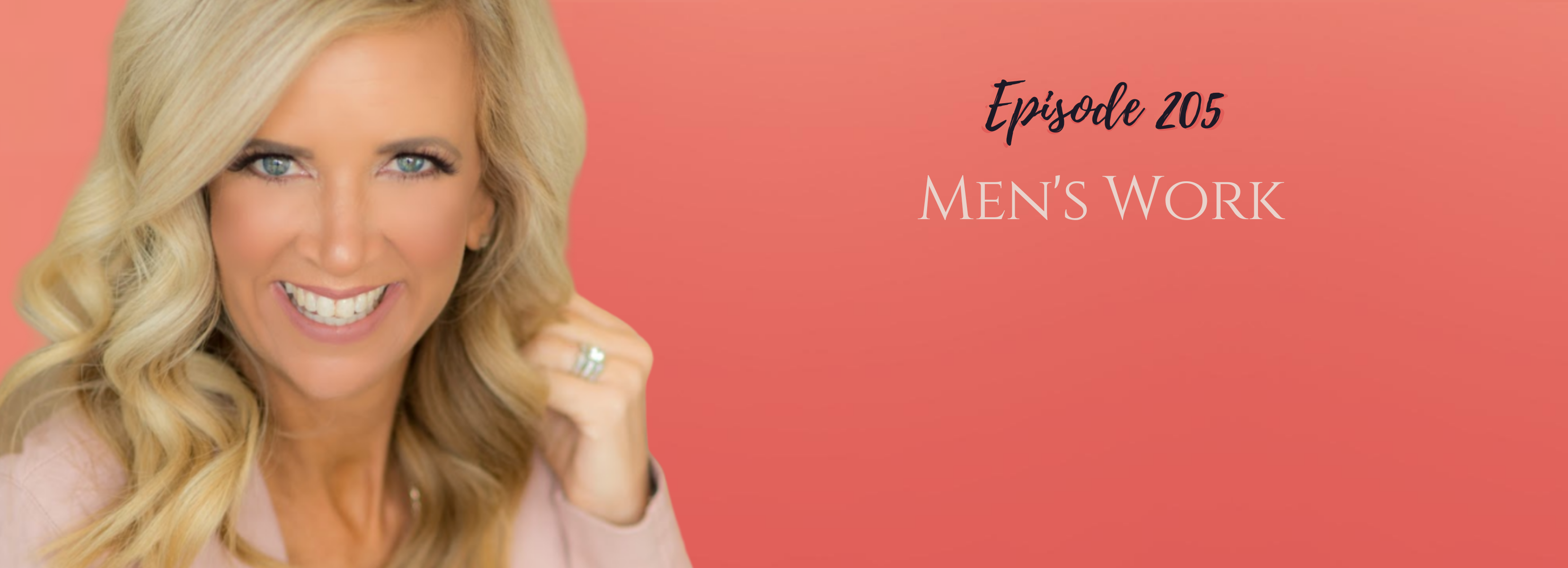
Men's Work with Connor Beaton| 3.22.2023
In this episode, Kristen talks with Connor Beaton, the founder of ManTalks and author of Men's Work, about the impact of early exposure to pornography, how pornography is tied into shadow sides, and how shadow work helps you become more true to yourself and live an authentic life.
You'll Learn
- How early exposure to pornography affects your ability to experience true intimacy
- How to stop watching porn and bring your sexual desire to your relationship
- How to explore the hidden parts of you through shadow work
- Ways to feel more competent and confident as a man
Resources
Connor's book: Men's Work
For counseling services near Indianapolis, IN, visit www.pathwaystohealingcounseling.com.
Subscribe and Get a free 5-day journal at www.kristendboice.com/freeresources to begin closing the chapter on what doesn’t serve you and open the door to the real you.
Subscribe to the Close the Chapter YouTube Channel
This information is being provided to you for educational and informational purposes only. It is being provided to you to educate you about ideas on stress management and as a self-help tool for your own use. It is not psychotherapy/counseling in any form.